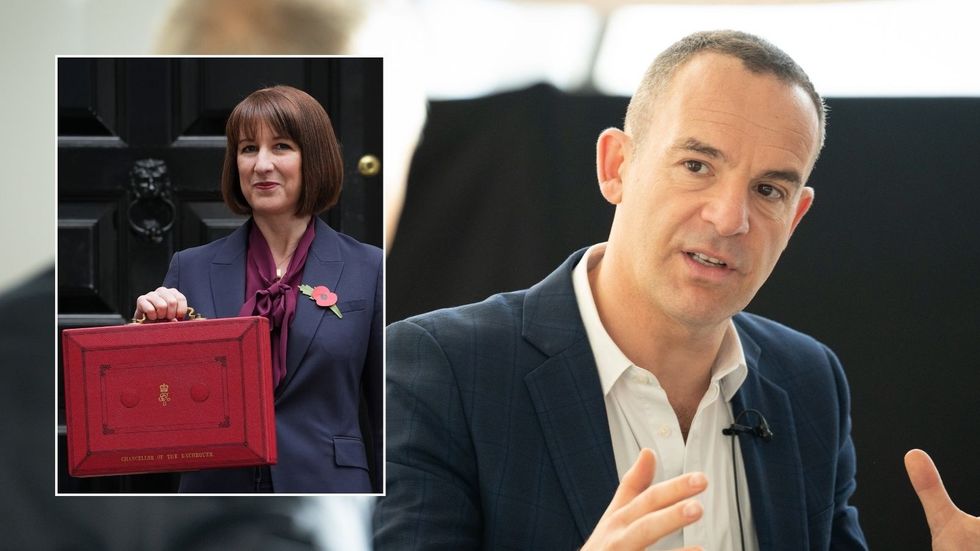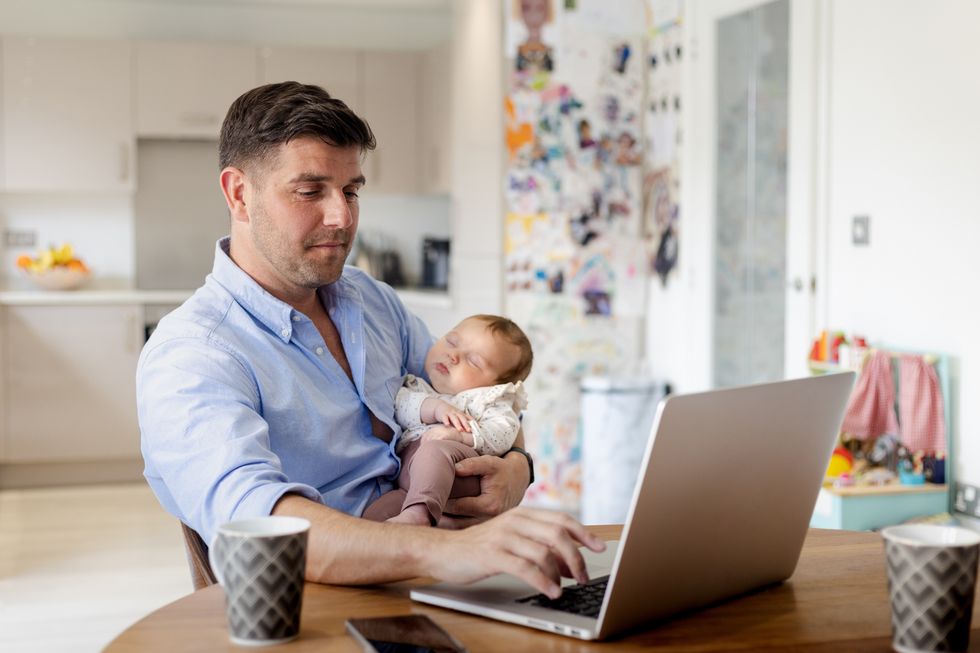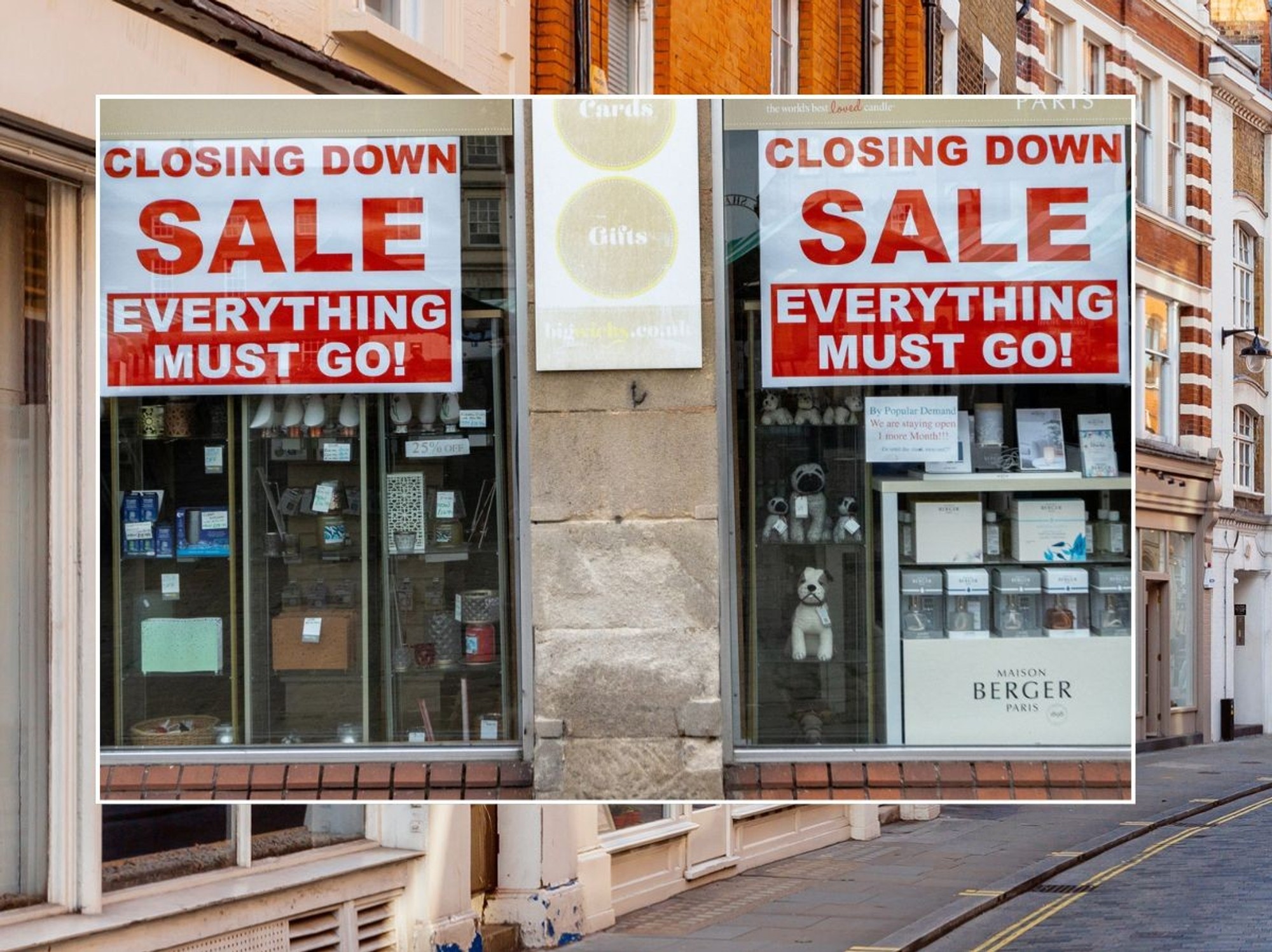Rachel Reeves begins her budget speech. She says her belief in Britain …
The Money Saving Expert highlighted a development to the high-income child benefit charge which were not outlined in Rachel Reeves's speech
Don't Miss
Most Read
Trending on GB News
Martin Lewis has slammed Labour's decision to not continue the previous Government's proposed reform to the high-income child benefit charge (HICBC) which could cost families hundreds of pounds.
Reacting to Chancellor Rachel Reeves's Autumn Budget, the money-saving expert described the reform as "unfair" and claimed it could "penalise" single-parent households.
The current child benefit system provides financial support to parents and guardians. For the 2024/25 tax year, payments are £25.60 per week for the eldest or only child and £16.95 for each additional child.
Eligibility for the full amount applies if both partners earn less than £60,000 annually, a threshold recently increased from £50,000.
The HICBC affects those earning over £60,000. For every £200 earned above this threshold, one per cent of the benefit must be repaid.
At £70,000, half the benefit is repaid, and at £80,000, the entire benefit is wiped out.
How have you been impacted by the Autumn Budget? Get in touch by emailing money@gbnews.uk.

Martin Lewis shared his "disappointment" over child benefit reform in the Budget
PA/GETTY
In his 2024 Spring Budget, then-chancellor Jeremy Hunt addressed an issue affecting accessibility to child benefits in a move that is estimated to have benefited 170,000 households.
Before reform was introduced, single parents and sole breadwinner families were "penalised" as assessments on income were based on the highest earner in the household.
Analysts claimed the income criteria is "unfair" because a family with a total income of almost £120,000 could get full child benefit, while a household earning much less would not be eligible.
A consultation was brought forward by then-Chancellor Jeremy Hunt to base the charge on household income instead of on the highest earner.
Based on the last Conservative Government, these changes would boost household incomes by around £1,260 annually, or up to £2,212 for families with two children.
Based on the Budget document, this proposed reform will not be brought forward under Labour with the HICBC no longer being based on household income.
Speaking on BBC 5 Live, Lewis said: "I'm very disappointed. I don't like unfairness. The way our child benefit is paid is unfair to single parents and single-earner families."
Host Matt Chorley noted that Lewis has "spotted this but no one else has".
The host of The Martin Lewis Money Show Live added that when he interviewed Jeremy Hunt last year, 35 per cent of questions from the public were about the HICBC.
"It is a very disliked structure. People were pleased to see the threshold go up but they won't be pleased to see it changed to household earnings," Lewis remarked.
LATEST DEVELOPMENTS:

Changes are being rolled out which could affect how much child benefit single parents can access
GETTYAccording to the Budget document, this decision was made due to the significant fiscal cost, estimated at £1.4billion by 2029-30 if the threshold were set to £120,000 to £160,000.
Instead, the Government plans to implement alternative measures to improve the system. From 2025, employed individuals will be able to pay their HICBC through their tax code.
The Budget document stated: "The Government will not proceed with the reform to base the HICBC on household incomes.
"This is because it would have come at a significant fiscal cost of £1.4billion by 2029-30 if setting the threshold to £120,000-£160,000, where no families would lose out."
*This article has been amended to recognise the Conservative government committed to launching a consultation into changing the calculation to household incomes – not to changing it. This was not completed before the General Election in July.








